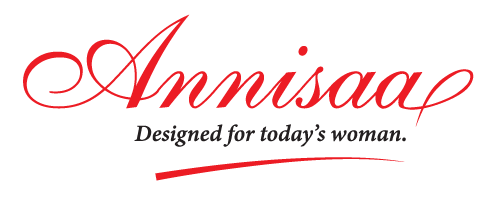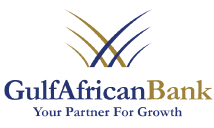Woman banking-bold change in banking
Written by Khalfan Abdallah Salim
Nowadays, Local and international financial institutions strongly believes that investing in women’s entrepreneurship is not only essential for economic growth but is also a good business. As a result, many banks in Kenya and in the world though to a different extent have built strong business case and strategies for profitable, gender-smart banking solutions that reduce the gap between men and women as entrepreneurs.
This bold change in doing business goes hand in hand with strategies of multinational institutions such as World Bank Group and International Finance Corporation of providing much-needed access to finance for millions of micro, small, and medium enterprises – in particular to those owned by women. By investing in women banking programmes, we contribute to reducing the gender credit gap and complement Sustainable Development Goal which seek to end extreme poverty and building shared prosperity.
As we celebrate International Women’s Day on 8th March, it is important to appreciate efforts made by banks that have taken seriously the concept of Women banking in Kenya and around the globe as well as call upon banks to do more. This is because woman banking or banking on woman programs not only benefit women entrepreneurs and close the gender credit gap, they equally benefit banks by providing a growing and profitable business opportunity.
Case studies conducted by IFC on banks which target women borrowers have shown that banks benefit a lot from tapping into a large, fast-growing and underserved women customer segment. Primarily banks benefit from cultivating a women-customer base that exhibits a more loyal behavior towards it and potentially provides more profitable opportunities compared to male customers. Besides, banks which target women borrowers can also benefit from a borrower segment that exhibits better pay-back rates and more diligently adheres to payment discipline. As a result banking on women programs or women banking can help banks improve performance, drive growth and profitability.
To achieve desired results, it is important for banks to understand that a superficial “pink-washing” of their “Banking for Women” strategy is not an option. On the contrary, banks should show diligent commitment to the segment by providing real solutions to problems faced by women entrepreneurs proved to be critical to their success.
Several banks in Kenya boast to offer Women Banking yet little is known on their success to remove barriers for women to access financial resources and solve their problems. However, Gulf African Bank as one of the bank in Kenya that has Women Banking program branded Annisaa Banking since inception in 2008 had proven to approach it in unique ways. The bank offers its services in compliance with Shariah rules on financial transactions. Over the years, the bank has interacted with women customers ( and non-customers) and capitalized on lessons learnt from the interaction with women entrepreneurs.
As result, the bank had to evolve from having few banking products tailored to meet women’s needs and special teller window dedicated to women to a broader programme known as “EMPOWER, PROTECT and EDUCATE”, standalone branches as well as centers for women served by women staffs under the supervision of women branch manager! Furthermore, Gulf African Bank appears to score very well on Strategy, Product and Service Customization/ Sales and Marketing as well as Data and Customer Management metrics for women banking initiatives.
Specifically, bank targeting women should have well defined metrics to fulfill such as below:
- A vision/ambition for the women banking explicitly formulated and has quantitative targets.
- Partnerships are being leveraged to support the women banking program
- Customer Value proposition for women banking.
- Customized financial products for women.
- Customized non-financial offering for women.
- Integrated financial products with branding and non-financial advisory support services into single offering for women.
- Marketing and branding strategies address women.
- Online presence targeting women such as Gulf Unique Website(http://www.gulfannisaa.co.ke/)
- Dedicated team for women must be in place.
- Women banking targets is in the mainstream target of the bank.
- Bank staff receives gender-sensitive awareness, sales and customer service training.
- KPIs for women customers are in place.
- An approach is in place to identify and track women clients on the main core banking system
- A gender-tag is in place to track women clients on the main core banking MIS.
- Gender data by industry/sector is available to inform new business banking programs
Finally, bank must acknowledge that modern women require and deserve banking solutions that understand them, empower them, protect them and open room to learn more financial insights. Despite the fact that complexities of tackling issues of access to finance for women entrepreneurs are unique for every financial institution that embarks into the journey, the women segment has proven profitable and sustainable to be the next front line that banks must tap effectively and efficiently so as to remain relevant in foreseeable future.

